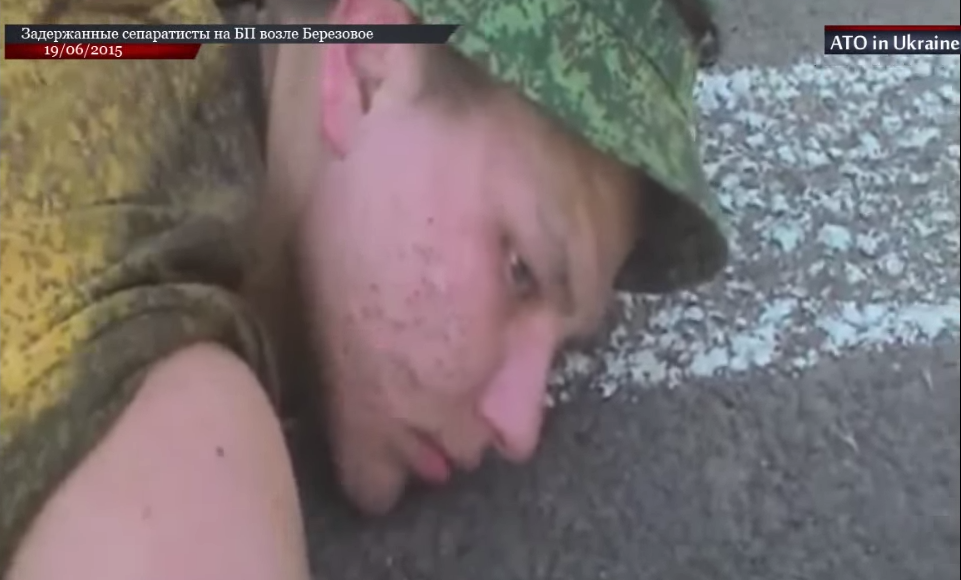
Hungary’s gas pipeline operator, FGSZ, says it has suspended delivery of gas to neighbouring Ukraine “indefinitely”.
Ukraine has been receiving gas from Hungary, Poland and Slovakia since Russia cut off supplies to Ukraine in June in a dispute over unpaid bills.
Ukrainian state gas firm Naftogaz confirmed the stoppage, saying it was “unexpected and unexplained”.

FGSZ said it had acted to raise the flow of gas to Hungary, due to an expected increase in demand.
With winter approaching fears are mounting that Ukraine will be unable to heat homes and power industry without Russian gas.
Russian and Ukrainian energy ministers are meeting in Berlin for EU-brokered talks, aimed at heading off such a crisis.
Relations between the former USSR’s two most populous countries soured after the overthrow of Ukraine’s pro-Russian President, Viktor Yanukovych, in February.
Russia subsequently annexed the Crimea region from Ukraine and was accused of fomenting a bloody insurrection in two of its eastern provinces.
Earlier this year Gazprom and Russian President Vladimir Putin warned of consequences if EU member states went ahead with deliveries to Ukraine to replace Russian supplies.
Russia says EU states are contractually forbidden from re-exporting gas to Ukraine while Brussels insists that such “reverse flows” are legal.

‘Energy blackmail’
Hungary’s move came three days after a meeting in Budapest between the head of Russian gas giant Gazprom, Alexei Miller, and Hungary’s Prime Minister, Viktor Orban.
Prime Minister Orban has been critical of EU sanctions on Russia and has maintained a closer relationship with Moscow than his western European neighbours.
 Gazprom CEO Alexei Miller (L) and Russian Energy Minister Alexander Novak wait for the start of gas talks between the EU, Russia and Ukraine in Berlin
Gazprom CEO Alexei Miller (L) and Russian Energy Minister Alexander Novak wait for the start of gas talks between the EU, Russia and Ukraine in Berlin
Gazprom agreed on Friday to boost supplies to Hungary, Reuters news agency reports.
“Hungary cannot get into a situation in which, due to the Russian-Ukrainian conflict, it cannot access its required supply of energy,” Mr Orban said on Hungarian state radio.

European Commission spokeswoman Helen Kearns said on Friday: “The message from the Commission is very clear: we expect all member states to facilitate reverse flows as agreed by the European Council
“There is nothing preventing EU companies to dispose freely of gas they have purchased from Gazprom and this includes selling this gas to customers both within the EU as well as to third countries such as Ukraine.”
Naftogaz urged its “Hungarian partners to respect their contractual obligations and EU legislation”.

“Neither EU countries nor Ukraine should be put under political pressure through energy blackmail,” Naftogaz said on its website.
Russian warning
It is hoped that Friday’s talks will establish a basis for an interim deal over energy.
The deal could involve the EU buying enough Russian gas to safeguard Ukrainian and European supplies during the winter months, at roughly market prices, according to Reuters.

However, Russian Energy Minister Alexander Novak insisted in an interview published on Friday that re-exporting Russian gas to Ukraine is illegal and could lead to some EU states going without fuel shipments from Gazprom.
“We hope that our European partners will stick to the agreements,” he told Germany’s business daily Handelsblatt (in German).
“That is the only way to ensure there are no interruptions in gas deliveries to European consumers,” he said.
In June, Russia cut off all gas supplies to Ukraine after Kiev failed to settle its debt with Gazprom.

Gazprom had sought $1.95bn (£1.15bn) out of a total claim of $4.5bn.
The Russia company said Ukraine had to pay upfront for its future supplies.
The issue of gas supply has dogged relations between Russia and Ukraine since the break-up of the USSR, with Russia seeking new export routes for its gas which would bypass Ukraine. EU supplies have been hit twice in the past decade because of the dispute.
The Kremlin has been accused of using Russia’s leverage as a major gas supplier for political ends in its international relations.













 Gazprom CEO Alexei Miller (L) and Russian Energy Minister Alexander Novak wait for the start of gas talks between the EU, Russia and Ukraine in Berlin
Gazprom CEO Alexei Miller (L) and Russian Energy Minister Alexander Novak wait for the start of gas talks between the EU, Russia and Ukraine in Berlin

































